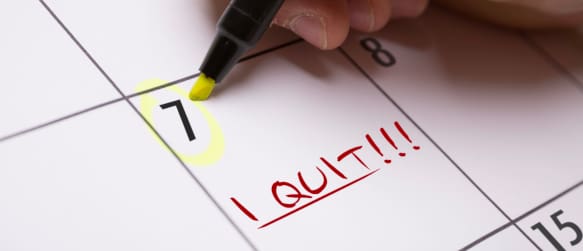A Great Time to be Graduating from College

By Chris Vennitti
With the nation’s current unemployment rate at its lowest level in seven years, this year’s graduating class is among the luckiest in decades.
Research shows that the lower the U.S. jobless rate at graduation, the better the career prospects for grads, yielding significantly higher wages compared with those who finish college amid times of higher unemployment.
They will be starting first jobs with an unemployment rate below the average of the past 40 years, foretelling career success.
Earnings Can Be Crimped for Years
Research shows that students who graduate during a time of elevated national unemployment often have their earnings crimped for years.
Generally, people who enter the labor market during a recession experience lower wages in the formative years of their career, while those who graduate in better times enjoy a tailwind of economic growth.
Americans born in the late 1950s, for example, weren’t so lucky; those attending college likely graduated in the depths of a recession during the early 1980s. The group as a whole earned lower wages for more than a decade as a result.
Different Graduating Classes Have Fared Differently
Americans born just a few years later, in the early 1960s, and who finished college after the 1980s recession, were especially lucky. They entered the labor force at the start of an economic boom that carried through the 1990s.
The college graduates of 2009 and 2010, by contrast, faced a weak job market that paid diminished wages and had fewer openings.
The class of 2015, meanwhile, enters the workplace in a much stronger position. They’re entering an economy with the jobless rate of 5.4 percent.
College Grads Earn 80 Percent More
Looking ahead, this year’s graduates will likely earn more money over their lifetime compared with others their age who didn’t finish college. Those with a bachelor’s degree, on average, earn 80 percent more than those with just a high school diploma.
Beth Ann Bovino, Chief U.S. Economist for Standard & Poor’s, says millennials have been divided by the economy: Older members of the generation who started their careers during the recession, and those on the other hand who were in high school when it ended.
“There’s way too much pessimism on the millennial generation with respect to their economic prospects,” Wells Fargo Chief Economist John Silvia says. “For a lot of majors it’s a great time to be graduating from college.”




